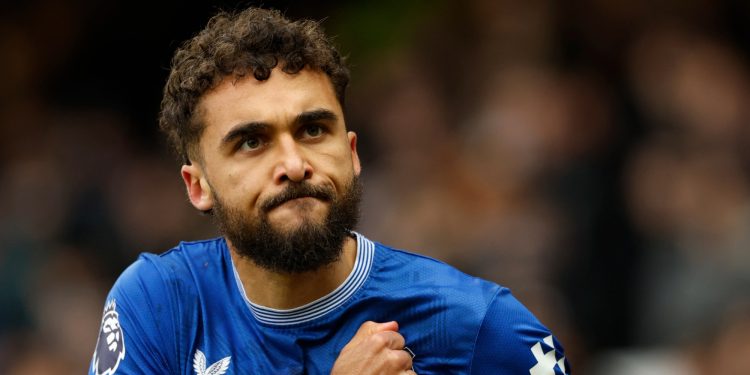If rumours are to crystalise into fact, Dominic Calvert-Lewin might be heading to Manchester United on a free transfer this summer after deciding not to stay on at Everton. Of course he is. Those in charge of United’s transfer strategy have looked at a player who scored three goals last season, and whose hamstrings are permanently on the verge of divorcing his legs and thought: “This is our man. This is the guy who fixes it.”
There is no doubting the talent that Calvert-Lewin possesses but he has managed just twelve Premier League goals in his last three seasons, with nine spells in the treatment room over that time. Stats that will not encourage excitement among the beleaguered fanbase.
A risky move that defies Amorim’s logic
But the main question is, if this happens, what does it say about Manchester United? That they are a football club? Technically, still yes. But more accurately, they have become a haunted mansion of a business with a group of confused billionaires as landlords, happy with the idea of strikers who score, on average, a goal every lunar cycle.
With the need to offload multiple squad members and bring in players better suited to Amorim’s style, signing Calvert-Lewin would be one of the more baffling choices United have made in recent times. They need players who can press constantly, be dynamic and keep up with the high intensity demands of Amorim’s style. Unfortunately, Calvert-Lewin’s injury record and limited mobility make him a tough sell for such a system.
There is a chance he could stay injury-free, adapt under Amorim, and have a renaissance. That said, it does seem like a risky gamble. But this is modern-day Manchester United, where risk and logic rarely meet in the corridors, and transfer decisions seem to be made by shake of a billionaires’ Magic 8-Ball.





